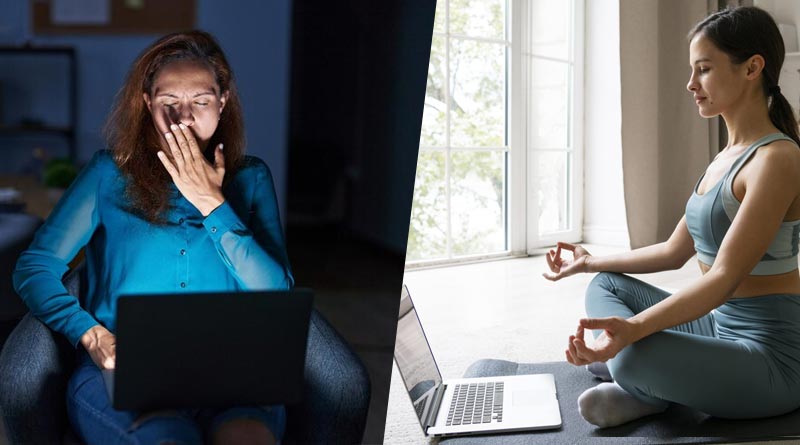In today’s world, people are predominantly dependent on different digital screens. Cell phones and computers are used daily and do not need to be introduced while laptops, tabs, and LED are also now an indispensable part of people’s lives and home appliances. Although people enjoy the convenience it brings and the ability to communicate or be connected to everyone and everything, there is a cost to all this. The extensive use of the devices has also been associated with poor mental health which is usually accompanied by anxiety, depression among other symptoms, and poor sleep quality. It’s about time to take a pause and put an accent on the part of our lives that is called digital wellness. This blog talks about the effects of screen time on your mental health and offers recommendations that would enable users to attain an optimal setup of the screen time and mode.
The Impact of Screen Time on Mental Health
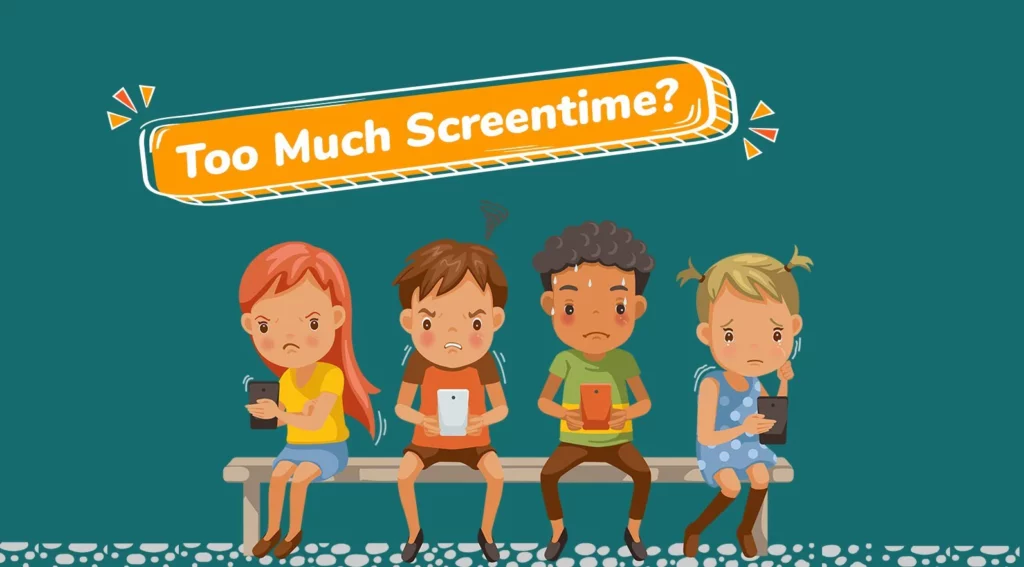
- Sleep Disturbances: Basically, the effects of light emitted by devices such as television, computers, and other such gadgets interfere with the secretion of melatonin which influences our sleep cycle. He said lack of quality sleep makes one develop mood swings, anxiety, and even depression. Sufficient sleep is essential for the proper functioning of the brain, and seven hours of screen time can work against this making people have sleep problems and mood swings.
- Decreased Physical Activity: Sadly, with all that screen time, children get very little chance to go out and play, therefore leading a very inactive life. This lack of movement can sometimes lead to obesity and other associated complications such as heart disease and diabetes further deteriorating the health and well-being and more so the mental health of the people who are overweight due to the toll that obesity takes on the various bodily systems.
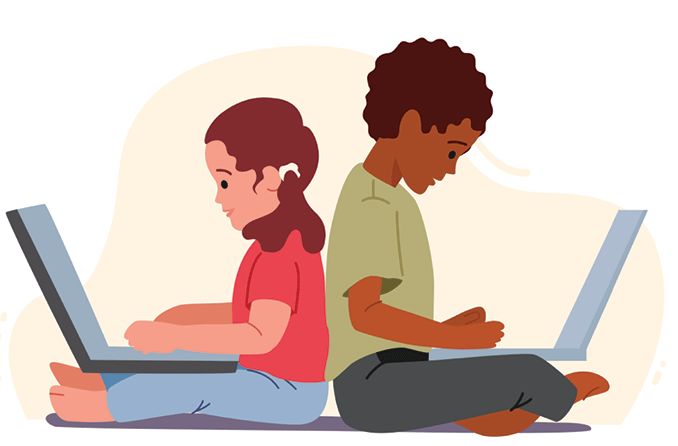
- Social Isolation: Digital media involve spending much time on devices, and this reduces the opportunities to interact face to face hence isolating people. This form of seclusion leads to excessive loneliness and social anxiety because people are deprived of physical interaction with other people which is very essential for emotional well-being.
- Information Overload: Engagement in the digital platform ensures constant feeding on huge amounts of information leading to information overload. This can overwhelm the brain and will lead to a short attention span and an increase in the level of stress. Concentration, again, refers to the failure to pay attention and may result in consequences such as exhaustion of the working memory and increased anxiety.
- Low Self-Esteem: Students especially women tend to compare themselves with images portrayed on social media platforms hence the deterioration of their health. It gives a person a negative body image and low self-esteem as people feel they do not measure up to these unrealistic standards. It is possible that with such AIM [negative self-perceptions] one can experience degrees of depression and anxiety.
Tips for Reducing Screen Time
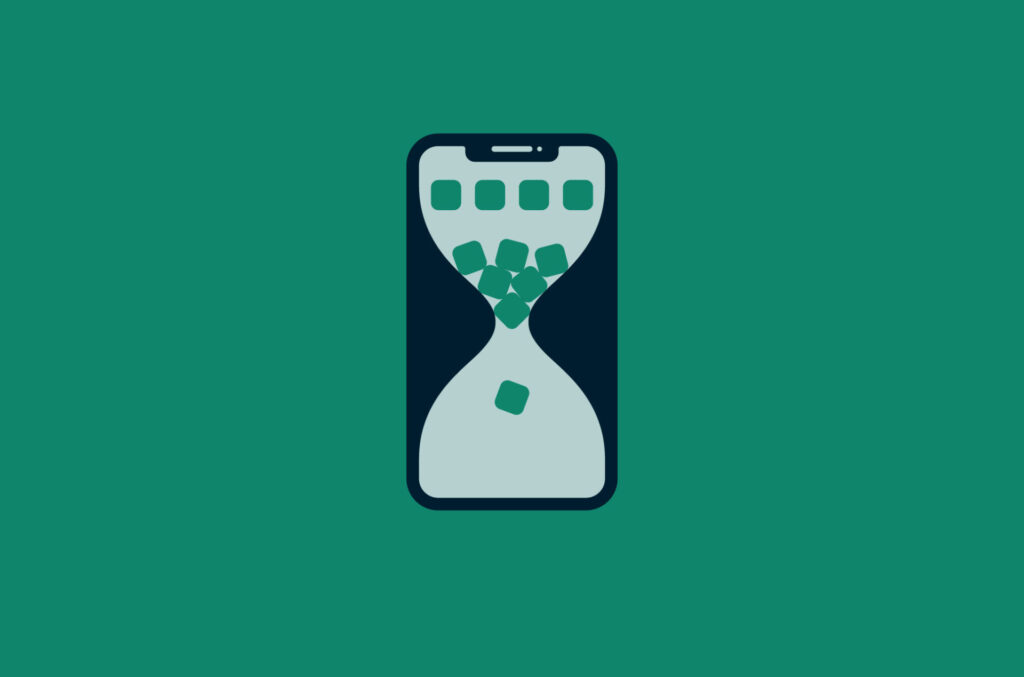
- Set Screen Time Limits: Set office and personal hours of utilization of the devices or computer screens. People should employ apps or set functionalities on their gadgets to monitor the amount used frequently.
- Create Screen-Free Zones: Exclude such rooms as the dining area, and bedrooms, from screen use to promote other activities, and have a proper sleep.
- Engage in Physical Activities: Plan frequent modes of exercise which include walking, cycling, or any other sporting activities. This is beneficial because it limits overhearing and gets the students out and about hence improving their health.
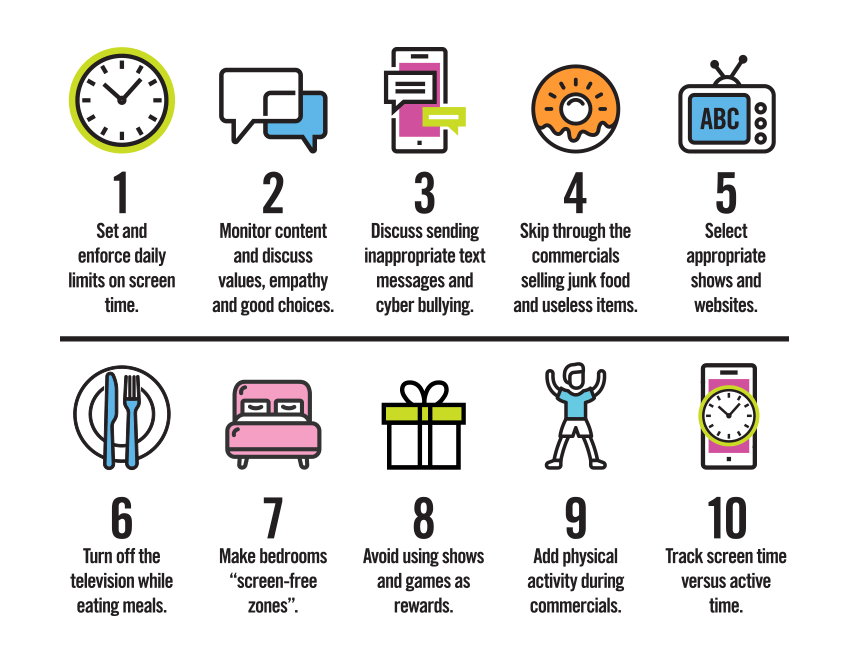
- Plan Offline Activities: Risk your opportunities to have fun in hobbies that do not include screens such as reading books, cooking, gardening, or doing puzzles. All the above-mentioned activities are helpful and do not entertain us in front of screens.
- Practice Mindfulness: Include activities that are relaxing and can also boost awareness such as meditation or exercise. The mentioned activities may be useful to cope with stress or at least distract from the desire to grab a device.
- Use the 20-20-20 Rule: spend 20 minutes in front of a screen, then for 20 seconds look at something that is 20 feet away. This is useful in avoiding eye strain and also makes sure that the users take adequate breaks from screen-related activities.
Remember, technology is a tool, not a master. Strive for a harmonious balance between your online and offline worlds. Your mental health deserves it. You may also like other posts in our Health section.

